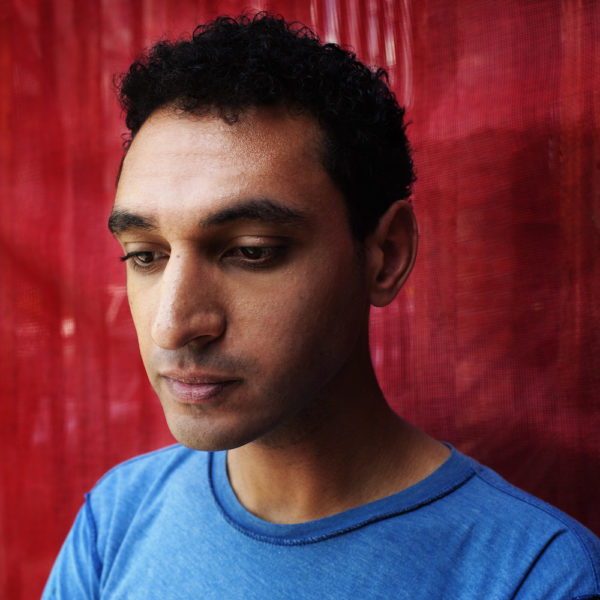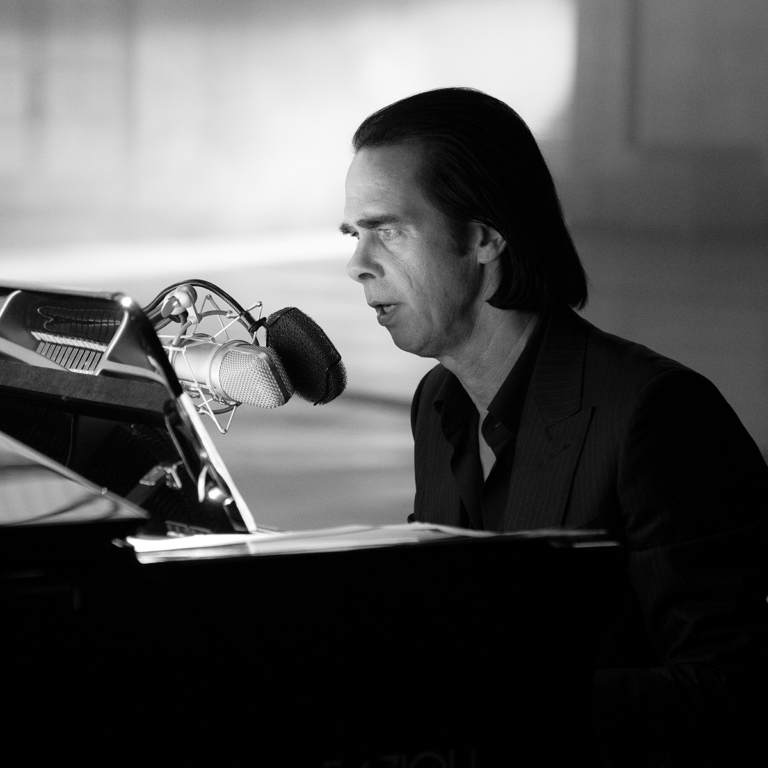The Sanctity of Work and Play
My last conversation with Seamus Heaney was not meant to be the last time we spoke. As with many final conversations there was no grand valediction here, no terminal cadence. I knew he was ill and I knew that he didn’t have many more years ahead of him but I couldn’t have guessed that he would be gone so soon. Just a few short weeks after this call, he left our planet to join the spirit world.
But he and I had no way of knowing this and so the conversation consisted of the daily concerns and excitements of life and labor. Particularly the quantity of labor: how much there was that needed to be done. It seemed overwhelming. Seamus offered me the advice of an elder. At once disarmingly simple and profound he said:
“Take pleasure in the work, Mohammed.”
These words are resonant especially at a time and in a society where “work” and “pleasure” are often seen as mutually exclusive if not diametrically opposed to one another. Work is what you do in the office or the workspace, not in the “sanctuary” of your own home; not in your living room and certainly not in your bed. Those are places for pleasure and relaxation. Work is constrained to certain rigidly set hours in order to protect the time that is reserved for rest and family. To be sure, those are vitally important things and, often, boundaries are a good idea.
But then there are those of us who breathe through the substance of our work. We live in our work and can’t live without it. Our partners in life and labor are often those with whom we can thrive. We don’t underplay the value of rest, respite, and relaxation but we are often reinvigorated by the intense rush of great labor falling into place in exactly the right way. It reenergizes the creative spirit in forms that cannot be described. We can’t afford to set “business hours” because if inspiration strikes us outside of the hours of 9am – 5pm then we dare not risk ignoring it. Inspiration commands to be followed without regard for whether it comes in the dead of night or at high noon.
For us, work is not a form of drudgery and diversion. It is prayer and mystery and play.

I remember Ambassador Lana Nusseibeh, while working to secure Abu Dhabi’s Masdar City as the headquarters of the International Renewable Energy Agency (IRENA), recalling that “my team and the Masdar team didn’t sleep for six months.” She and her colleagues answered emails and phone calls at all hours of the day and night, enthusiastically, passionately, and with a great drive to succeed. “The bid began as a long shot,” said Nusseibeh “but as we went along we started gaining momentum.” And so the drive to complete the work grew.
This is what I mean when I say that “obsession is such a healthy thing.” And just as it is healthy and imperative for our finest diplomats, it must be for our poets, composers, authors. Nusseibeh’s momentum reminds me of those times when I find a text that I absolutely must join to music thus giving it a new life and dimension. So the obsession begins:
“One has to be obsessed with text in order to take it seriously… Obsession is such a healthy thing. And for a composer, for an artist, for a human being, for a poet, for a diplomat, being obsessed with something is absolutely essential to getting what you want to get done done… Whenever I look back at innovative personalities, whether it’s Mozart or Steve Jobs or Shakespeare or Benazir Bhutto… when you’re reading about them, when you watch them speak, when you listen to their music, whatever, when you read their speeches, you always register a sort of obsession. There’s something obsessive about what they’re committed to… So being obsessed with text… is about diving into the text, accepting the text, opening your emotional pores to the text, and not simply treating the text as a dead, intellectual document. You’re also, in a way, accepting it as part of your life… It’s imperative to be obsessed.”
When it comes to the operas that I am composing with writers like Mohammed Hanif and David Ignatius, it is our mutual impassioned obsession that leads us to many early morning and late night conversations. We tinker away, we joyfully preoccupy ourselves, we allow the text and the thrust of the drama to prey on our minds, posses, and haunt us. We play the ecstatic creative game. And we do all this until a structure emerges, like a piercing beacon of light, so clearly that we simply know how to proceed. The story has revealed to us how it needs to be told.

Just as a cellist, no matter how professionally advanced, will always play the cello rather than work the cello, a great diplomat, poet, philosopher, mathematician, astronomer, or architect will always find the heartfelt game in their respective craft that illuminates the grand gesture. Like a virtuosic olympian, they will focus on the goal obsessively and when they triumph we will see the tears of joy and relief and the hugs and ebullient laughter that we have witnessed time and again from NASA Mission Control to the global arenas of athletics and commerce.
For those of us who adore our daily forms of labor, let us never forget to gratefully take pleasure in the work. No matter how overwhelming the deadlines, complex the execution or impossible the task at hand may seem. Let us approach every one of our figurative Everests as Norgay and Hillary approached the literal mountain that they were determined to scale: with fierce conviction and vitality of purpose. But, above all, let’s approach it all with an unwavering sense of the sacred game. Life, unrepeatable as it is, is worth full, wet, contact participation in the sport. If we’re lucky then we can hope that the fruit of our work will become the richness that belongs to a generation unimagined.
Let’s approach our work and our lives earnestly and far away from the scourge of cynicism, never allowing our playful child-like flame to be extinguished. Let’s move forward, unashamedly adventurous, wide-eyed and excitable. With glowing vivacity, let’s celebrate as we join together the sanctity of work, the sanctity of mystery, and the sanctity of play.

